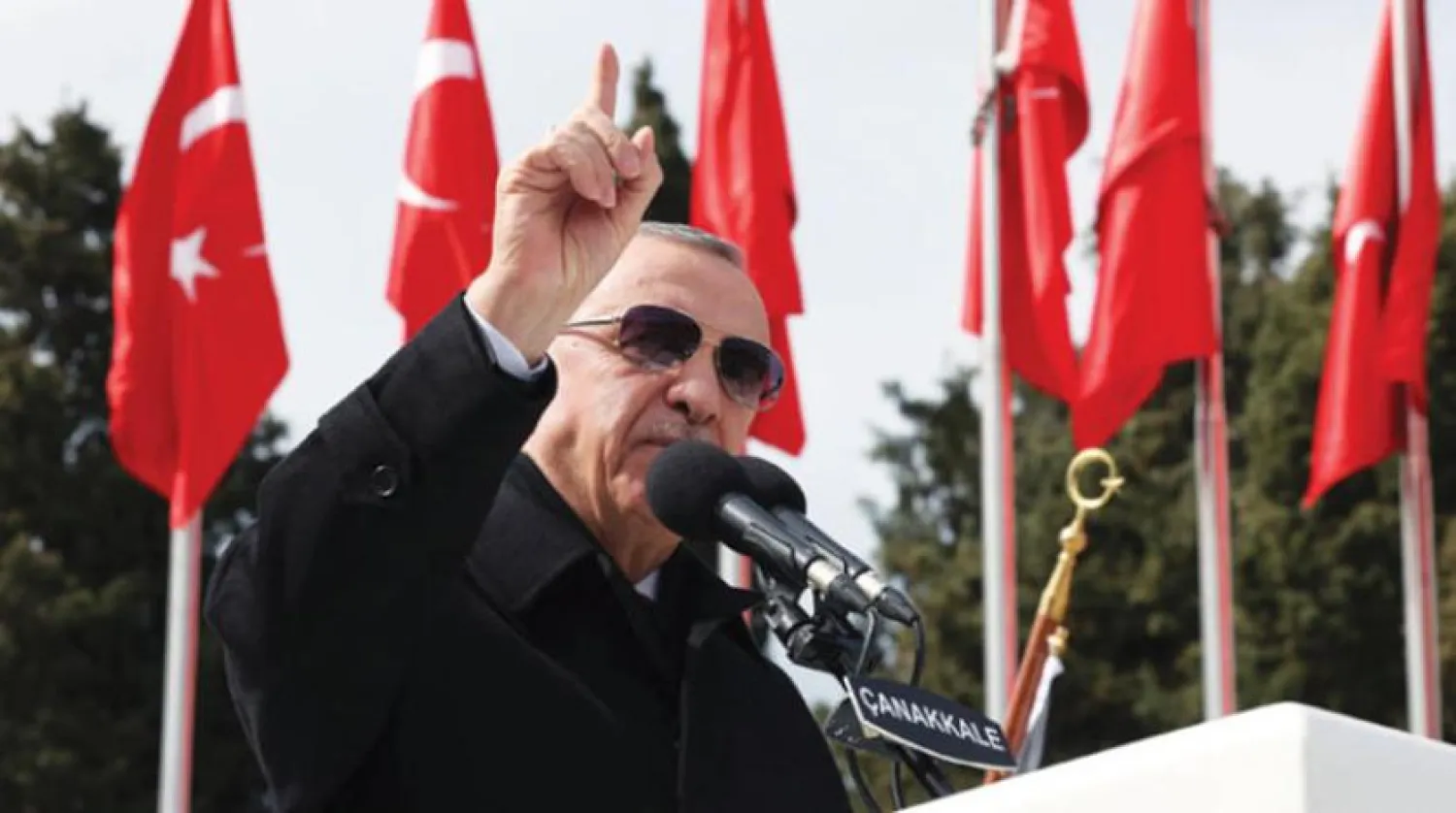A four-party meeting of senior diplomats on Syria has been postponed at Russia’s request, but no new date has yet been agreed, Turkish Foreign Minister Mevlut Cavusoglu said on Monday.
“The Russian side has informed us that it has not yet completed its preparations and requested a postponement [of the meeting]. It was proposed that the meeting be held in a different timeframe and we agreed,” said Cavusoglu, adding that he does not rule out that the talks were actually postponed at Syria’s request.
A meeting of Russian, Iranian, Syrian, and Turkish deputy foreign ministers had been planned to discuss preparations for a ministerial meeting on normalizing relations between Ankara and Damascus.
The meeting, which had been scheduled for March 15-16, was postponed for “technical reasons.”
The head of the Syrian regime, Bashar al-Assad, earlier this month visited Moscow, where he announced that he could not meet Turkish President Recep Tayyip Erdogan “before the complete withdrawal of Turkish forces from northern Syria.”
Assad’s statement about willingness to negotiate with Erdogan only after the withdrawal of Turkish troops from Syria is inappropriate, Orhan Miroglu, a member of the central decision-making committee of the ruling Justice and Development Party (AKP), told Sputnik.
The likelihood of holding a meeting between Erdogan and Assad before May's presidential election in Türkiye is extremely small, the politician noted.
“In diplomatic practice, it is forbidden to raise the ceiling of demands upon the start of negotiations, if both sides intend to reach a compromise and mutual understanding and find a solution to differences,” said Miroglu.
“In this case, if Assad sets preconditions for Türkiye, then Ankara has the right to demand that Damascus stop supporting the YPG group [People's Defense Units, military wing of the Kurdistan Workers' Party, designated a terrorist organization by Türkiye ],” he added.









